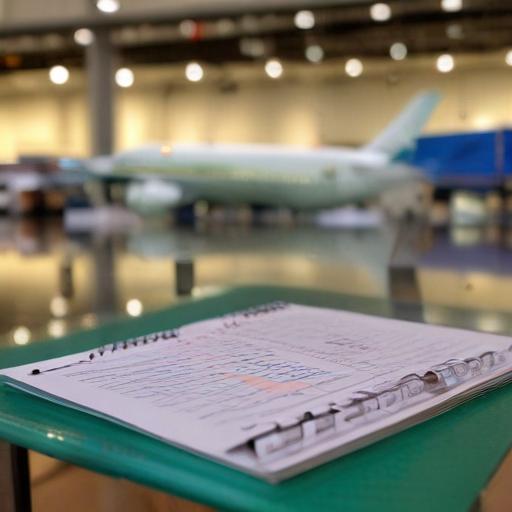Bangladesh is intensifying its negotiations with the Trump administration by increasing its proposed purchase of Boeing aircraft from 14 to 25. The decision aims to leverage the aircraft deal to encourage the U.S. to consider lowering tariffs on Bangladeshi exports before the looming August 1 deadline.
A high-level delegation, including Commerce Adviser Sk Bashir Uddin, is set to travel to Washington for crucial trade discussions with the United States Trade Representative (USTR). The three-day talks starting Tuesday are pivotal, given that Bangladesh’s exports to the U.S. account for over $8 billion annually.
Alongside Uddin, the delegation comprises key figures including Commerce Secretary Mahbubur Rahman and National Security Adviser Khalilur Rahman, as well as representatives from the private sector, particularly within garment exporting. However, these private sector entrepreneurs will not participate directly in the negotiations.
The Boeing purchase is integral to reducing the trade deficit, as Bangladesh faces a significant gap with U.S. imports valued at $2 billion. Nonetheless, Biman Bangladesh Airlines appears to be in the dark regarding the planned purchase, as expressed by ABM Raoshan Kabir, Biman’s Public Relations General Manager, who noted that no official communication had outlined the Boeing acquisition. Top officials at the airline expressed confusion over how such a significant decision could be made without their knowledge.
In a related move, Bangladesh secured an agreement on July 20 to annually purchase 700,000 tonnes of U.S. wheat over the next five years. Additionally, the country has committed to increasing imports of liquefied natural gas (LNG) and cotton, alongside offering zero import duties on selected U.S. goods.
Secretary Rahman indicated optimism about negotiating a competitive tariff rate for exports, which could potentially align with rates in countries like Japan and Vietnam. Key aspects of the negotiations focus on mitigating the trade gap and reducing dependence on Chinese imports for the country’s garment manufacturing needs.
Previous discussions between the two nations have emphasized the need for Bangladesh to articulate what trade benefits it can offer the U.S., including a call for zero-duty agreements on various categories of products.
Biman’s current aircraft fleet capabilities include a mix of models, and in light of the new Boeing proposal, its officials are awaiting viable options from both Boeing and Airbus. Managing Director Shafiqur Rahman stated the importance of selecting aircraft that meet Biman’s operational needs and are financially sound choices.
Aviation expert Kazi Wahidul Alam stressed that aircraft acquisitions should align with Biman’s strategic fleet planning, rather than be made due to external pressures. He highlighted the past issues of procurement that did not consider the airline’s requirements, resulting in financial strain.
The discussions moving forward may not only reshape Bangladesh’s aviation sector but also significantly impact its trade relationship with the U.S. A successful negotiation could foster a more balanced trade environment, earn goodwill, and establish stronger economic ties between the two nations.
